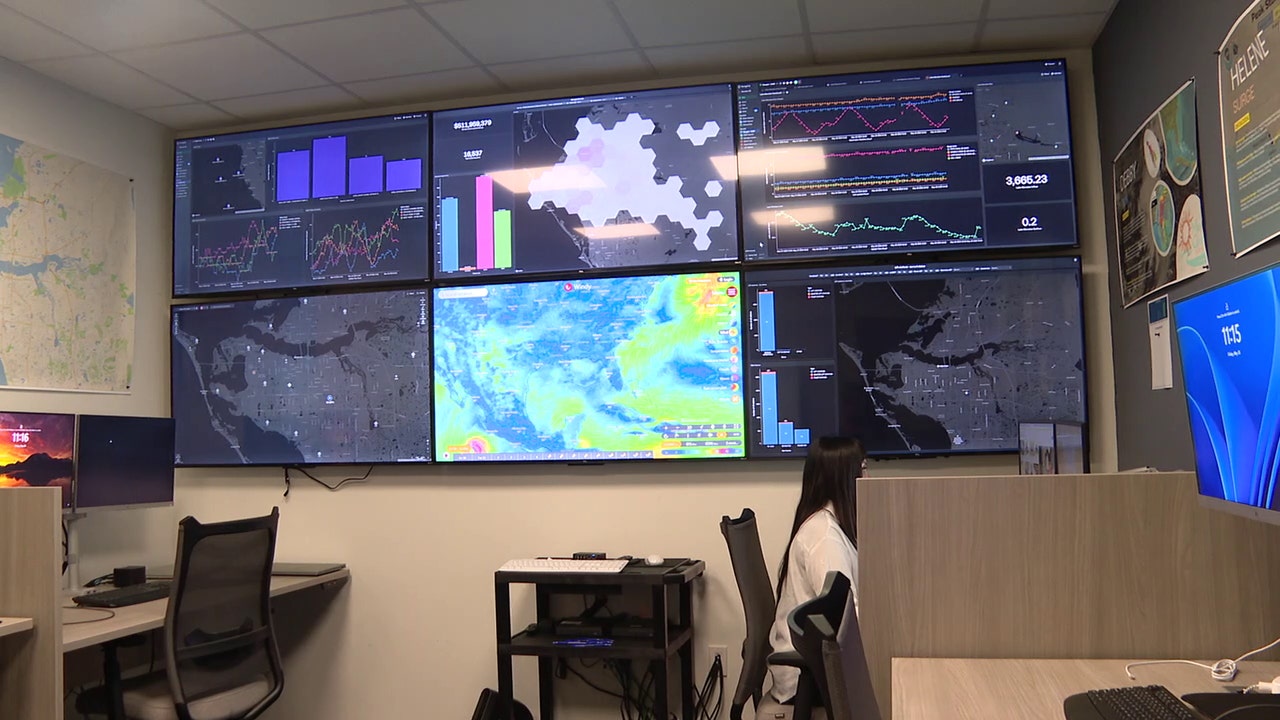AI in Education: Time to Reimagine How We Evaluate Tech Frameworks

The rise of Artificial Intelligence (AI) is rapidly transforming countless industries, and education is no exception. As AI tools become increasingly integrated into classroom practices, it's crucial to re-evaluate our existing frameworks for assessing their effectiveness. Relying on outdated models simply won't cut it; we need innovative approaches that accurately reflect the complexities of modern learning environments and empower educators to harness the full potential of AI.
For too long, educational technology evaluation has often been a rigid, one-size-fits-all process. These traditional models fail to capture the nuances of AI's impact, which can vary significantly depending on the subject matter, student demographics, and pedagogical strategies. They often focus on surface-level metrics, neglecting the deeper, more meaningful ways AI can enhance student learning and support teacher development.
Why Rethinking is Essential
The current landscape demands a shift. AI isn't just another tool; it's a transformative force that has the potential to personalize learning, automate administrative tasks, and provide students with unprecedented access to information and resources. However, realizing these benefits requires a thoughtful and adaptable evaluation framework.
What Should a New Framework Look Like?
- Focus on Deeper Learning Outcomes: Evaluation should prioritize whether AI tools contribute to critical thinking, problem-solving, creativity, and collaboration – skills essential for success in the 21st century.
- Embrace Complexity: Recognize that AI's impact is multifaceted and context-dependent. Frameworks should account for variations in implementation and student responses.
- Teacher Empowerment: Equip teachers with the knowledge and skills to critically assess AI tools and adapt their use to meet the unique needs of their students. Provide professional development opportunities focused on AI literacy and pedagogical best practices.
- Data-Driven Insights: Leverage data analytics to track student progress, identify areas for improvement, and inform instructional decisions. However, ensure data privacy and ethical considerations are paramount.
- Iterative Evaluation: Implement a continuous feedback loop that allows for ongoing refinement of AI integration strategies based on real-world results.
Empowering Teachers: The Key to Success
Ultimately, the success of AI in education hinges on the ability of teachers to effectively integrate these tools into their practice. This requires more than just providing access to technology; it demands a supportive ecosystem that fosters experimentation, collaboration, and professional growth. Teachers need access to resources, training, and ongoing support to navigate the evolving landscape of AI and leverage its potential to enhance student learning.
Looking Ahead
The time to reimagine our approach to evaluating educational technology is now. By embracing a more innovative, flexible, and teacher-centered framework, we can unlock the transformative power of AI and create a future where every student has the opportunity to thrive. Let’s move beyond simply assessing *if* AI is being used, and focus on *how* it's being used to cultivate deeper learning and empower the next generation of learners.






